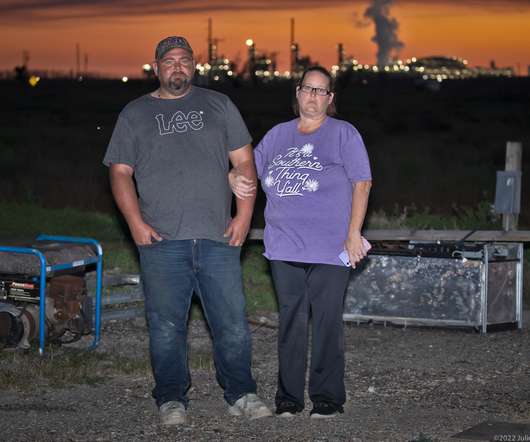More Than 160 Groups Call on UN to Stop Promoting Carnivorous Fish Farming as ‘Sustainable’
DeSmogBlog
JUNE 7, 2024
degrees of global warming. In that report, FAO recommended “at least 75 percent growth in global sustainable aquaculture production compared to 2020 level” – a sharp increase that would see a dramatic rise in the number of wild-caught fish required to feed farmed fish. The EU, for one, has invested 1.4













Let's personalize your content